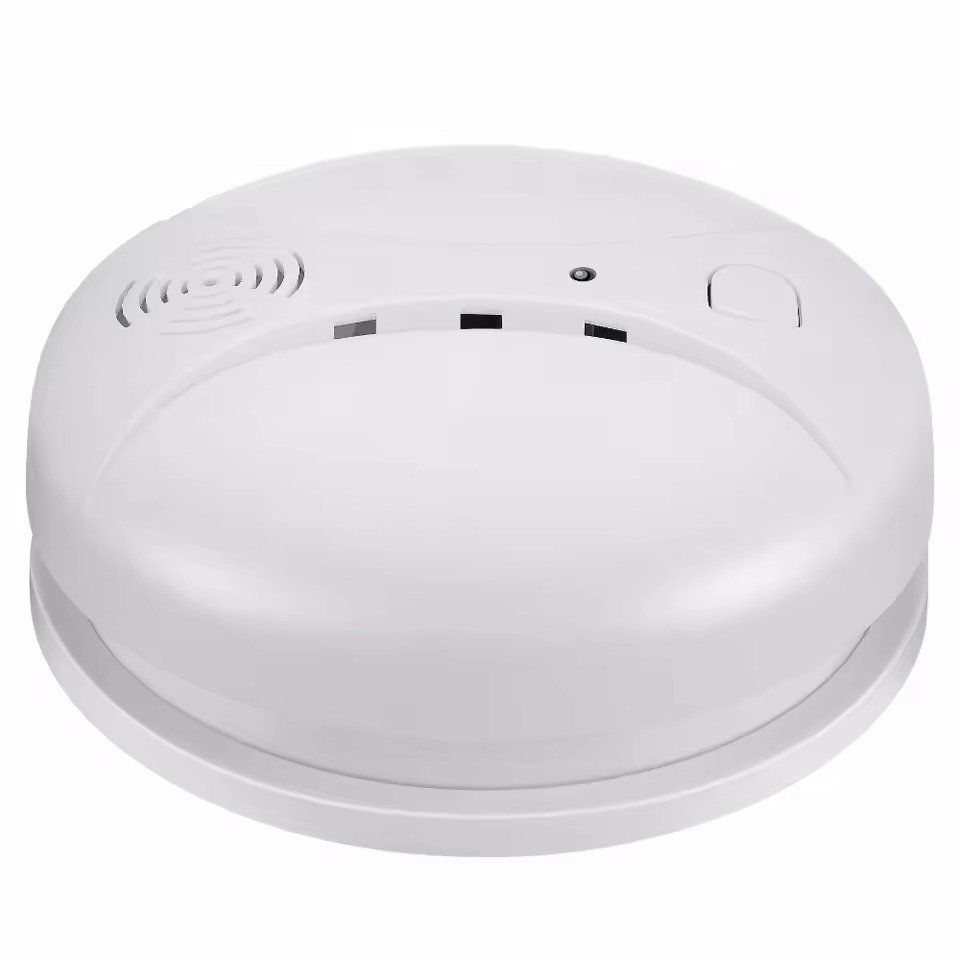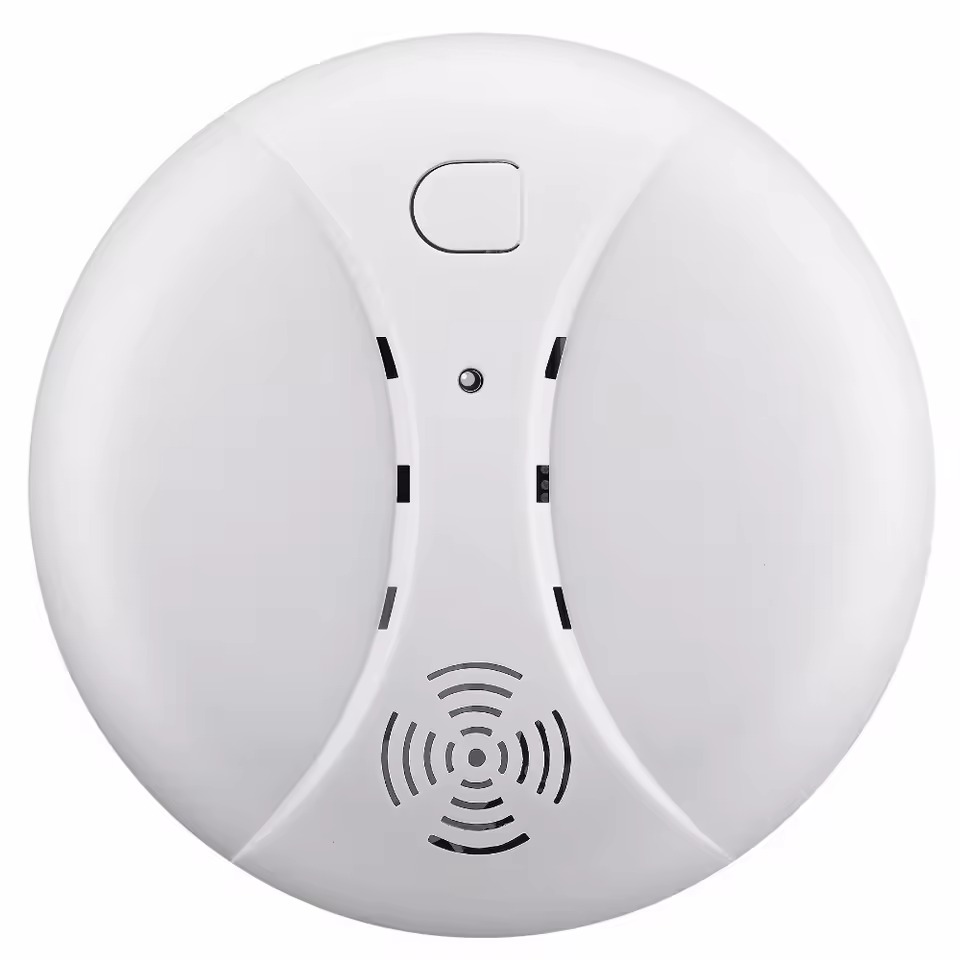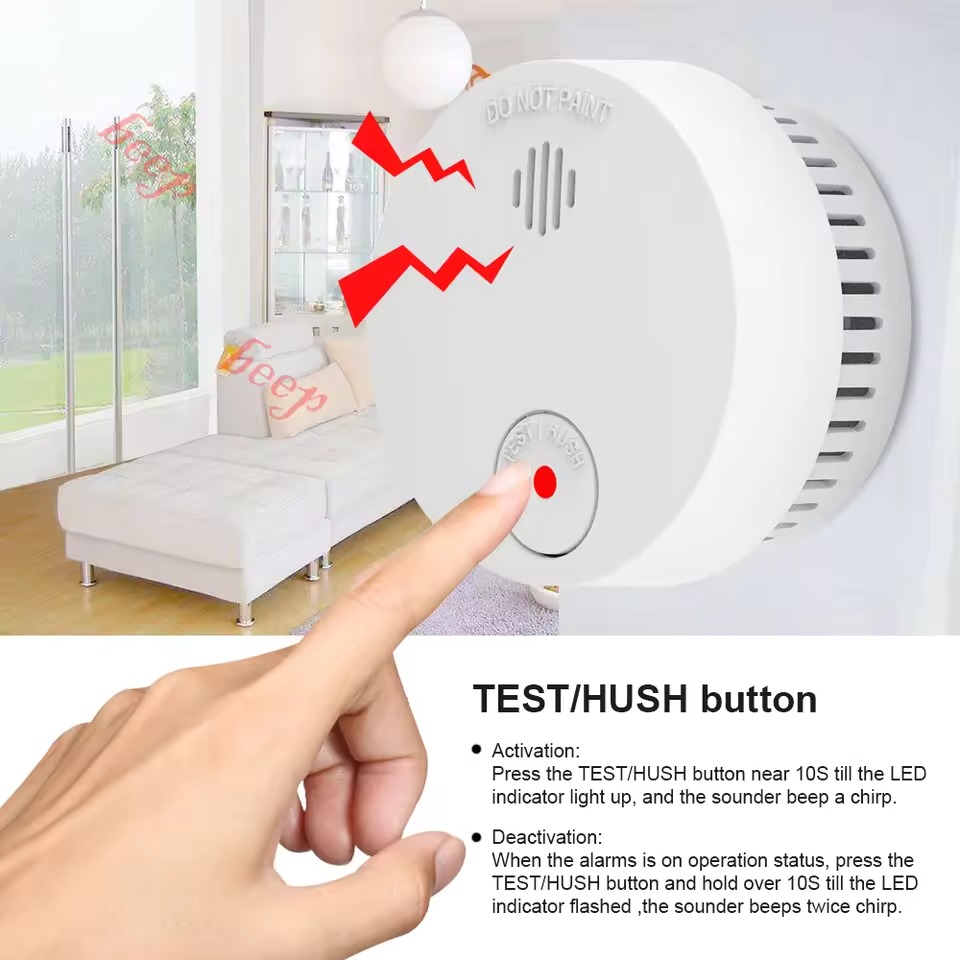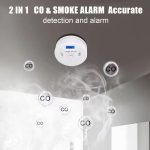Vaping has become a popular alternative to traditional smoking, with many people choosing e-cigarettes as a means to quit or reduce their tobacco consumption. However, one frequently asked question arises: can vaping trigger your smoke alarm? This article delves into the science behind smoke alarms, the components of vaping, and whether vaping poses a risk to smoke detectors.
Understanding Smoke Alarms
What Are Smoke Alarms?
Smoke alarms are devices designed to detect smoke and alert occupants of potential fire hazards. They are an essential safety feature in residential and commercial spaces. Smoke alarms usually employ one of two detection methods: ionization or photoelectric sensors.
Types of Smoke Detectors and How They Work
Ionization smoke detectors utilize a small amount of radioactive material to create an ionization current. When smoke enters the sensing chamber, it disrupts this current, triggering the alarm. Conversely, photoelectric smoke detectors use a light beam; when smoke enters the chamber and scatters the light, it activates the alarm. Different types of smoke alarms are susceptible to different sources of smoke; understanding these nuances can help us assess the risk of triggering an alarm through vaping.

The Mechanics of Vaping
What is Vaping?
Vaping involves inhaling vapor produced by an electronic cigarette or vaporizer. This vapor is typically created by heating a liquid that contains nicotine, flavorings, and other chemicals. The heat turns this liquid into an aerosol, which is then inhaled by the user. Unlike burning tobacco, which produces smoke laden with harmful tar and chemicals, vaping generates a substance that is less dense and may contain fewer toxic compounds.
The Components of E-Liquids
E-liquids are the heart of the vaping experience. They come in various compositions, primarily related to the base used (VG vs. PG) and the presence of flavoring agents. Vegetable glycerin (VG) is thicker and produces more vapor, while propylene glycol (PG) allows for better flavor delivery. Additionally, many e-liquids incorporate artificial flavoring agents to enhance user experience. The formulation of e-liquids can have an impact on their combustibility and the type of vapor produced, which could influence their ability to trigger smoke alarms.
The Relationship Between Vapor and Smoke Alarms
Can Vapor Be Mistaken for Smoke?
While the vapor produced by e-cigarettes and vape pens resembles smoke in appearance, it is fundamentally different in composition. Smoke is produced when organic material is burned, creating a host of byproducts such as carbon monoxide and particulate matter. Vapor, on the other hand, is primarily made up of water vapor and other inhaled substances.
Sensitivity of Smoke Alarms
Different types of smoke alarms respond to different particulates. Since vapor generally contains fewer particles and is less dense than traditional smoke from burning materials, the chances of it triggering a smoke alarm is reduced. However, there are instances where vapor, especially in large amounts, can set off sensitive smoke detectors. For instance, using a vaporizer in a confined space or producing excessive vapor clouds might increase the likelihood of a trigger.
Scientific Studies and Anecdotal Evidence
Research on Vaping and Fire Safety
Research into the specific effects of vaping on smoke alarms is limited. However, studies focusing on the general technology of smoke detectors and their response to various aerosols can provide some insight. The findings suggest that while traditional smoke is more likely to activate smoke alarms due to higher particulate concentrations, certain vape clouds could trigger alarms under specific conditions.
Real-World Experiences
Numerous anecdotal reports from vapers indicate varied experiences with smoke alarms. Some users claim to have never triggered an alarm while vaping indoors, while others recount instances where their smoke detectors went off unexpectedly. These experiences highlight the inconsistency in smoke alarm sensitivity and the importance of understanding your device’s tolerance.

Environmental Factors Affecting Detection
The Role of Air Quality
Air quality plays a significant role in the performance of smoke alarms. In environments with high levels of particulate matter or pollutants, smoke alarms may be more likely to trigger. If you vape in an area with poor ventilation, an accumulation of vapor, combined with other airborne contaminants, could potentiate the likelihood of setting off a smoke detector.
Space Constraints and Ventilation
The physical environment in which a person vapes can have significant implications for whether or not their smoke alarms will be triggered. In smaller, poorly ventilated spaces, the density of vapor can build up quickly. Conversely, vaping in larger, well-ventilated areas reduces the concentration of vapor particles in the air, decreasing the likelihood of activation. It is advisable for vapers to be conscious of their surroundings and choose open spaces for vaping.
Differences Between Smoking and Vaping
Health Comparisons
While smoking tobacco comes with numerous health risks—including respiratory issues, heart disease, and cancer—vaping is often marketed as a less harmful alternative. The difference in composition between smoke and vapor plays a crucial role in these health discussions. It’s worth noting that while vaping might be seen as a safer option, it still carries risks and potential health effects, particularly concerning vaping in the presence of smoke alarms.
Social Acceptability and Perception
Societal perceptions also differ between smoking and vaping. Many people view vaping as more socially acceptable than smoking, which can lead to more lenient attitudes towards where vaping is performed. However, this perception may lead people to inadvertently expose themselves to smoke alarms without fully understanding the risks involved.
Best Practices for Vaper Safety
Avoiding False Alarms
To minimize the chances of triggering a smoke alarm while vaping, it is essential to adopt best practices. First, consider vaping in environments with good ventilation. This could include open-air spaces or rooms with exhaust fans. Additionally, avoid dense clouds of vapor, especially in enclosed spaces.
Types of Devices and Their Impact
Not all vaping devices are created equal. Some devices produce larger clouds of vapor than others. For instance, sub-ohm devices produce thicker vapor due to lower resistance coils and higher wattage. Users may want to consider their device’s vapor production capabilities when choosing where and when to vape concerning smoke alarms.
The Influence of E-Liquid Choices
Choosing Low-Viscosity E-Liquids
The viscosity of the e-liquid can impact the density of vapor produced. E-liquids with a higher concentration of PG typically produce a thinner vapor, while those with a high VG content yield thicker clouds. Choosing e-liquids with a more balanced ratio can lessen the chance of triggering alarms while still delivering the desired experience.
Flavorings and Their Potential Impact
Some flavoring agents may also influence the density and composition of vapor, though much research is needed in this area. Avoiding certain flavors that produce denser clouds could be a preventative measure for vapers concerned about smoke alarms.

Conclusion: Awareness is Key
In summary, while vaping typically poses a lower risk of triggering smoke alarms compared to traditional smoking, it’s not entirely without risk. Users must be mindful of their environment, choice of vaping device, and e-liquid formulations to ensure a safe and enjoyable experience. This awareness not only extends to personal safety but also acknowledges the broader implications for home safety for all residents. By adhering to best practices, individuals can mitigate risks and continue to enjoy vaping if they choose to do so.
Final Thoughts on Vaping and Smoke Alarms
As the broader conversation about vaping, smoking, and health continues, understanding how vaping interacts with smoke alarms can save vapers from unnecessary disruptions. Although it’s advisable to stay informed and prudent while vaping, the likelihood of triggering a smoke alarm remains relatively low under most conditions. Vapers should be proactive about their health and safety while ensuring that their environments remain conducive to a smoke-free lifestyle.

